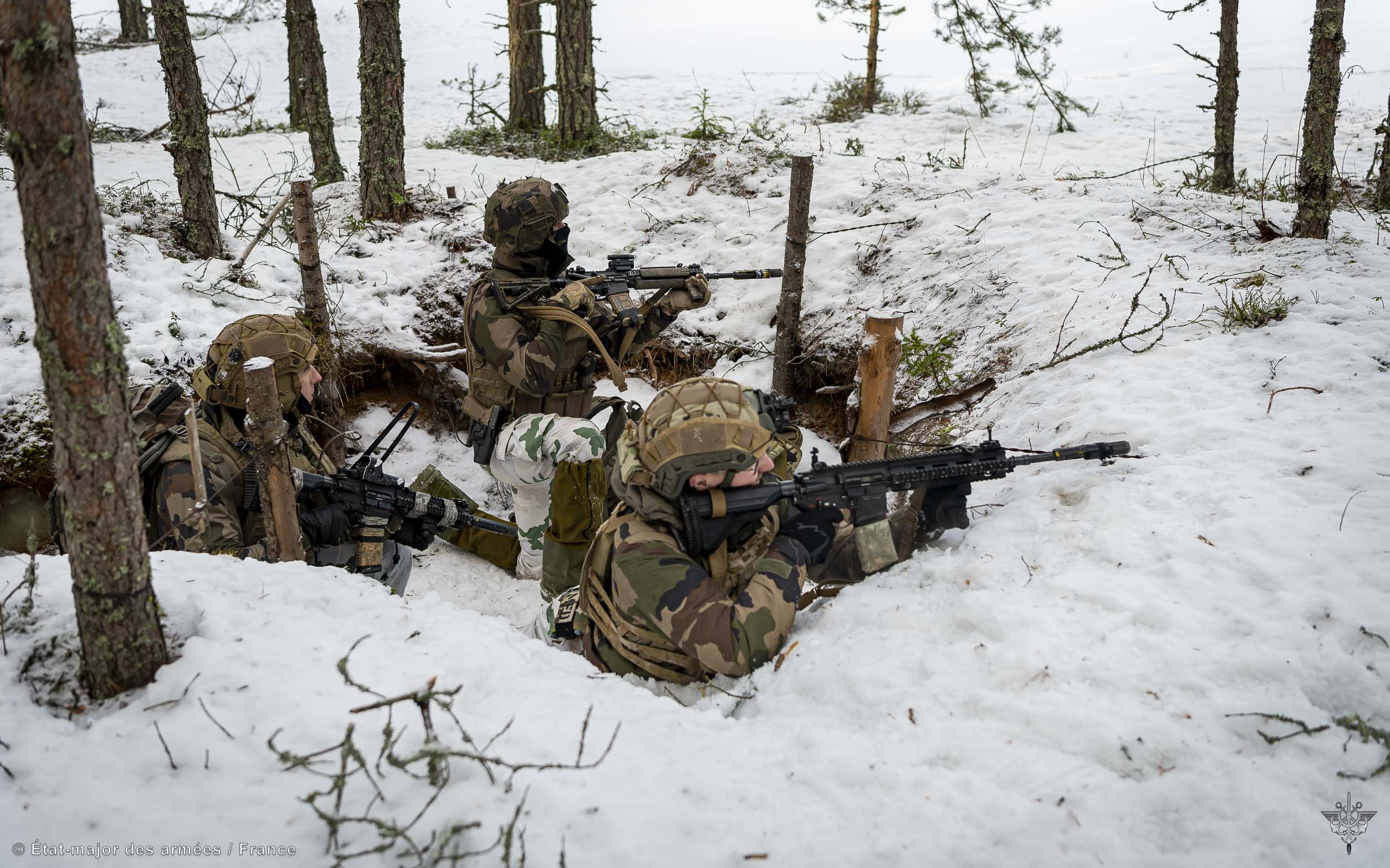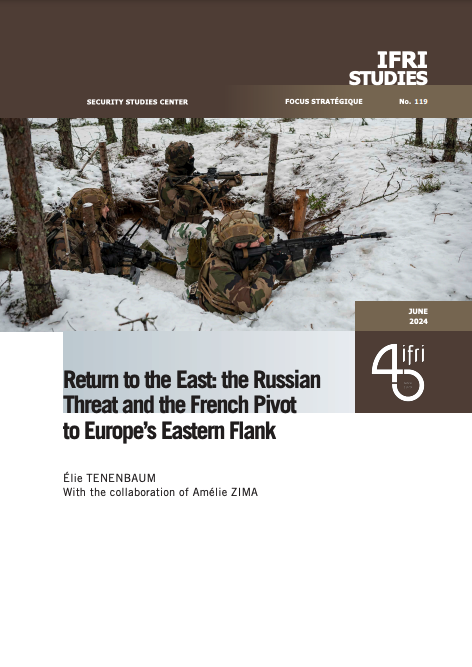Security Studies Center
Heir to a tradition dating back to the founding of Ifri, the Security Studies Center provides public and private decision-makers as well as the general public with the keys to understanding power relations and contemporary modes of conflict as well as those to come. Through its positioning at the juncture of politics and operations, the credibility of its civil-military team and the wide distribution of its publications in French and English, the Center for Security Studies constitutes in the French landscape of think tanks a unique center of research and influence on the national and international defense debate.
Read more


Director of the Security Studies Center
Related research programs
Publications
See all our interventions
Flagship Publications
Titre Bloc Axe
Research areas
See all our interventions
Titre Axe de recherche
Wars and Conflicts
The geography and modalities of wars and armed conflicts evolve according to the international system. If irregular wars and asymmetric conflicts persist, high-intensity wars are increasing while crises take new forms under the effect of hybrid threats.
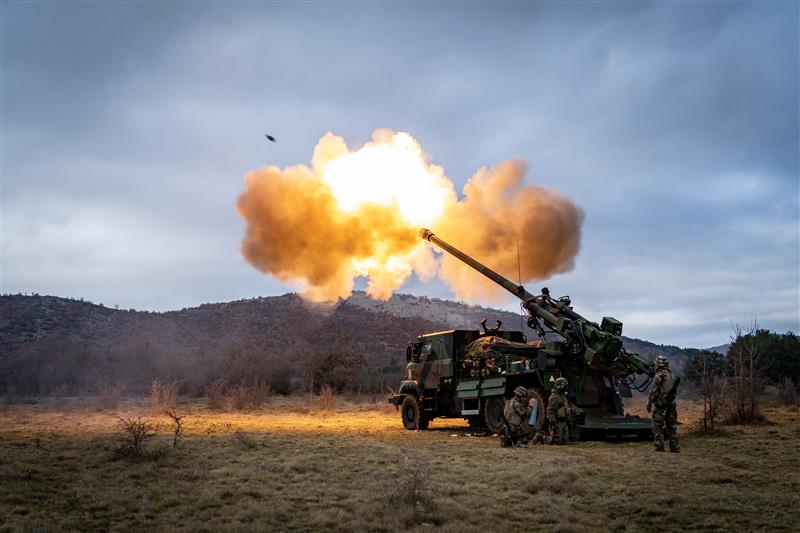
Titre Axe de recherche
International Security and Defense Policy
The analysis of international security issues involves studying the security and defense policies implemented by States in light of the dynamics of cooperation or competition. It must also integrate the role of international organizations and non-state actors.
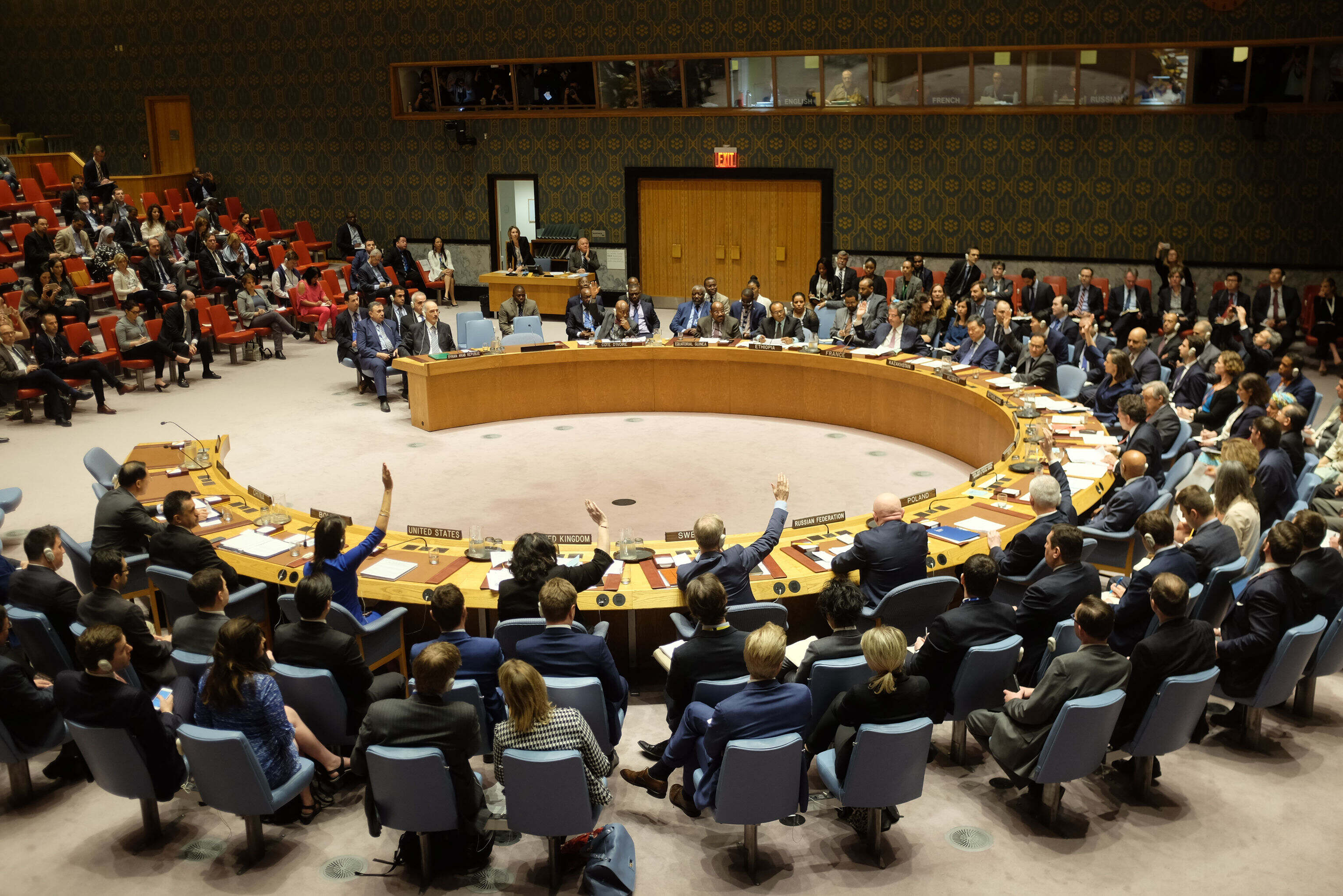
Titre Axe de recherche
Armament and Defense Technology
Contemporary armies are increasingly defined by their ability to innovate and integrate cutting-edge technologies such as cyberweapons, space systems, or even drones and artificial intelligence, which pose new operational and ethical challenges for combatants.
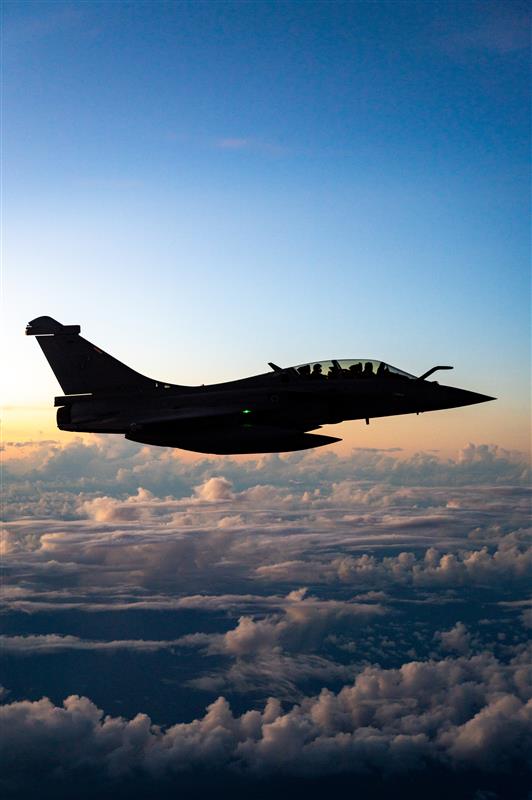
Titre Axe de recherche
Military Strategies and Armed Forces
As military competition increases, armies transform and adapt their strategies. Doctrine, organization, equipment and training are key axes for understanding the evolution of land, air and naval forces.
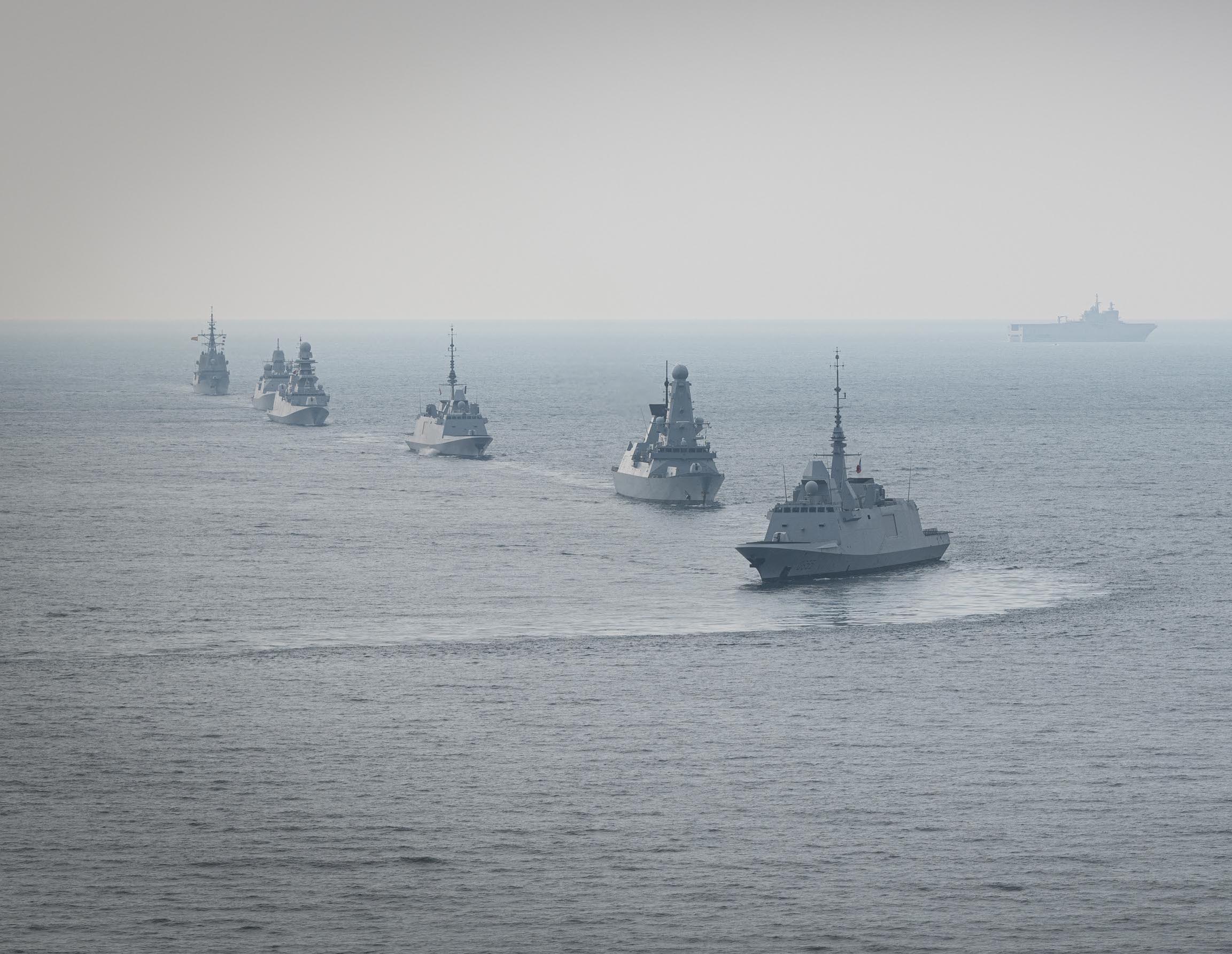
Publications
Toward the End of Force Projection? II. Operational Responses and Political Perspectives
For more than a decade, US defense circles have been concerned about the emergence of capabilities and strategies, which, as they spread, risk imperiling the United States" position in the world by their ability to disrupt or prevent force projection operations. Though most of the literature on such “anti-access” strategies focuses on the military aspects of the threat, this Focus stratégique - the second and last part of a two-part study - adopts a different perspective.
Intelligence and Nuclear Proliferation: Lessons Learned
Intelligence agencies play a fundamental role in the prevention of nuclear proliferation, as they help to understand other countries' intentions and assess their technical capabilities and the nature of their nuclear activities.
Toward the End of Force Projection? I. The Anti-Access Threat
Force projection has become a general posture and a fundamental dimension of the influence Western powers intend to exert over the world by means of their armed forces.
La guerre des hélicoptères : L'avenir de l'aéromobilité et de l'aérocombat
Military helicopters have evolved into technologically sophisticated weapon systems. Originally designed to counter Soviet armor, attack helicopters now have to cope with a wide spectrum of threats, some of them bringing choppers back to their counterinsurgency roots.
NATO Partnerships: Shaking Hands or Shaking the System?
The new Strategic Concept takes stock of the past ten years but outlines only modest objectives for the future of NATO. Partnership falls under the third core task, cooperative security. A subsequent partnership policy was unveiled, but has provided little new impetus.
Russia's Nuclear Forces: Between Disarmament and Modernization
Nuclear weapons have traditionally occupied an important place in Russia’s national security strategy. As Russia and the United States have been reducing their nuclear arsenals since the end of the Cold War, their relationship has undergone a complex transformation. Russia, however, still considers strategic balance with the United States to be an important element of national security.
Hoplites numériques : Le combat d'infanterie à l'âge de l'information
FELIN, the first "integrated soldier system" in the world, will be effective this year in the French Army. Throughout history, infantrymen have tried to capitalize on technology while trying to arbitrate between the three basic requirements that are mobility, firepower and force protection.
Francs-tireurs et Centurions : Les ambiguïtés de l'héritage contre-insurrectionnel français
The war in Afghanistan and David Galula’s reputation in the United States have revived France’s counterinsurgency legacy. This legacy must be divided into two separate periods: the colonial era and later on the wars of decolonization fought by France in Indochina and Algeria.
Strategic Stability in the Cold War: Lessons for Continuing Challenges
During the Cold War, the phrase “strategic stability” gained currency both as a foreign policy objective and as an apt way of describing the fact that the United States and the Soviet Union never actually went to war.
Les camps de réfugiés et la guerre : Du sanctuaire à l'enfermement humanitaire ?
Refugee and IDP camps, intended to protect civilians affected by conflicts and natural disasters, have an undeniable strategic importance, and their management can be critical for the resolution of crises.
The Team

Our research fellows: Security Studies Center
Support independent French research
Ifri, a foundation recognized as being of public utility, relies largely on private donors – companies and individuals – to guarantee its sustainability and intellectual independence. Through their funding, donors help maintain the Institute's position among the world's leading think tanks. By benefiting from an internationally recognized network and expertise, donors refine their understanding of geopolitical risk and its consequences on global politics and the economy. In 2024, Ifri will support more than 70 French and foreign companies and organizations.
















